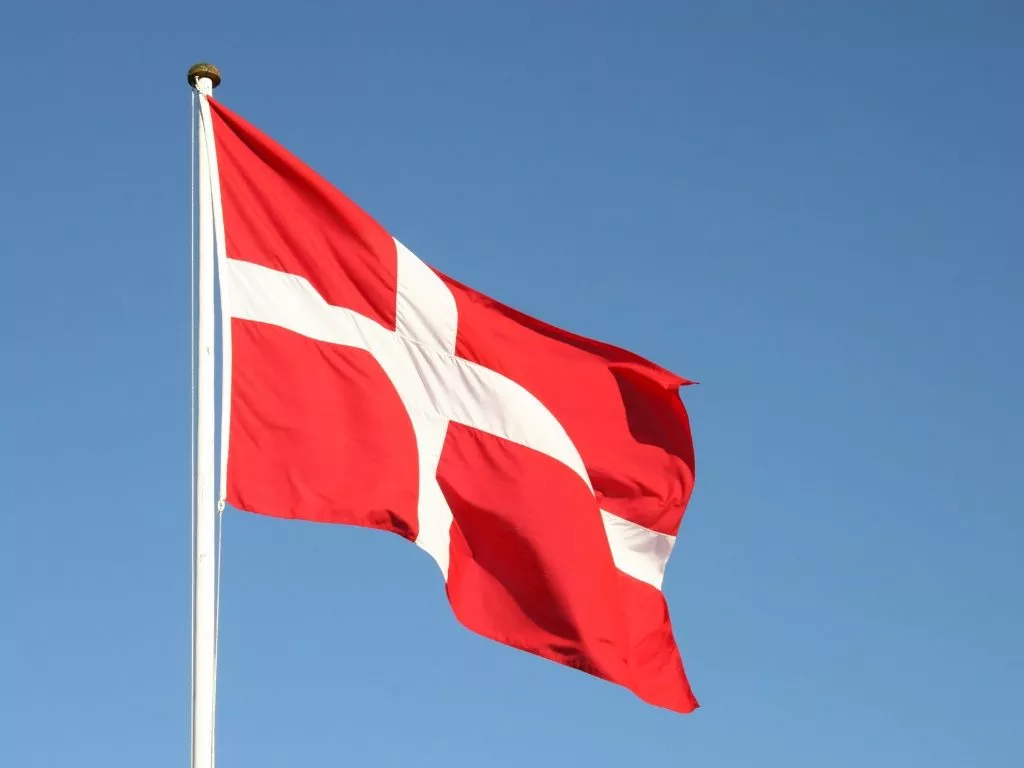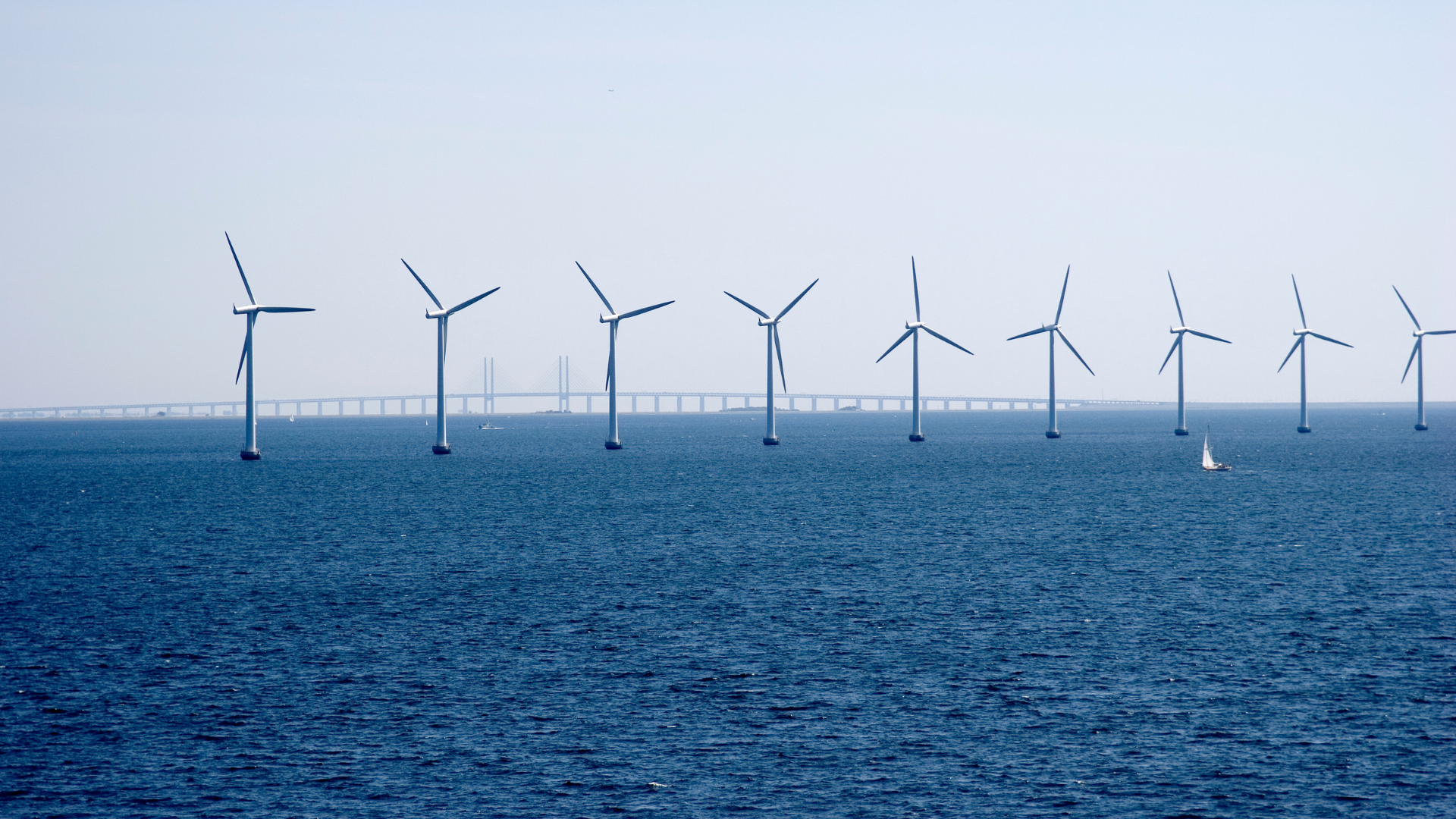- Guidance
- Market Info
A guide to navigate France’s most significant business-friendly reforms

Since 2017, the French government has implemented business-friendly reforms to facilitate international investments and increase France's attractivity. France is moving forward with a clear vision to encourage innovation, foster in-demand skills, and increase the availability of low-carbon energy, providing a solid foundation for companies to thrive.
From procedures simplification to tax credits and calls for projects, these pro-business reforms represent significant investment opportunities for international companies. According to Coface, France offers a favourable climate for companies thanks to business-friendly reforms. Rated A1, it assesses the availability and reliability of company accounts, the effectiveness of the protection provided by the legal system, the extent of the country’s capacity to create a supportive framework for inter-company transactions, and the accessibility of the domestic market.
A new tax environment to encourage investments
To create a pro-business environment, the corporate tax (IS) was reduced from 33% in 2017 to 25% in 2022. Production taxes have been cut, and the Company Value Added Tax (CVAE) is set to be removed by 2027. Until then, the CVAE has been significantly decreased since 2021, resulting in a reduction of €4.1 billion in 2023. This decision has been particularly beneficial for the industrial sector, accounting for more than 25% of the total gain.
Innovation is one of the pillars of France’s strategy. The government approved the continuation of the research tax credit, which offers the possibility to deduct R&D expenditures by 30% up to €100 million of expenditure (and 5% above this threshold) for all sectors and businesses. France is ranked 1st among OECD countries for financing R&D, which is one of the reasons why France is the most attractive country in Europe for international R&D investment projects.
Business-friendly reforms to strengthen France’s social model
Since 2017, the government has undertaken a number of labour market reforms to achieve full employment and make it easier for companies to navigate. Changes have been made by simplifying and making dismissal procedures more predictable, establishing a unique instance of social dialogue, and giving company agreements primacy over branch agreements.
Skills investment plans (SIP) were launched in 2018 to bring out the talents of tomorrow and foster the core skills of future jobs. With a €2.5 billion budget as part of France 2030 investment plan, the objective is to continuously help young people benefit from training or apprenticeships. The apprenticeship grants have also been renewed until 2027, with the goal of having 1 million people undertake apprenticeships by 2027.
France is looking further with the call for expression of interest entitled “Skills and professions of the future”, enabling the development of new jobs to match skills needed in the future and new technologies. Between 2021 and 2023, this program allowed 3.1 million learners to be trained and 116 projects to be funded, with a particular focus on quantum technology. The second wave, initiated in 2023, focuses on decarbonisation and digitalisation.
Administrative simplification and facilitating setting up sites in France
The French government implemented business-friendly reforms to reduce the administrative load on companies. The creation of a single point of contact to carry out administrative tasks online (formalities.entreprises.gouv.fr) and the establishment of a single national register of businesses (instead of 4) simplify business formalities, profit-sharing, and corporate participation.
French authorities have also facilitated the establishment of new sites by identifying 183 ready-to-use sites immediately available for industrial or logistics activities. Pre-planning procedures and authorisations required to pursue a new industrial activity have already been anticipated, enabling the construction to start more quickly. Fifty-five new ready-to-use sites have been identified and will be ready by 2030, with 5 already prepared by the end of this year. Thanks to the Dataviz mapping tool, you can discover the currently available read-to-use site matching your criteria.
Learn more: Ready-to-use sites: speed up the establishment of your industrial site in France
Favourishing the environmental transition
Decarbonising the industry and encouraging the environmental transition is at the core of France’s 2030 investment plan. With a budget of €54 billion over 5 years, half of the funding will be dedicated to decarbonisation initiatives. Since its launch in October 2021, 8.5 million tonnes of CO2 have been saved per year based on projects to date.
Learn more: France 2030: Building on your side the France of tomorrow
France decided to further support decarbonisation by adopting the Green Industry law. The Tax Incentive for Green Industry (C3IV) aims to support companies committed to producing battery cells and modules, wind power, solar panels and heat pumps. These segments are fundamental elements of France’s energy strategy to increase its renewable energy production capacity. The strength of this tax credit lies in the selection of the industries concerned and the scope of the activities it covers. To make France the leader in the green industry in Europe, this incentive includes all stages of the value chain, from the extraction of essential raw materials to the commercialisation of finished products. The tax credit rate is up to 60% and is capped at 150 million euros per principal, but these amounts vary according to the size of the company and its location.
New reforms to go further in the coming years
In 2024, France plans to continue implementing new business-friendly reforms that will shape further its economic and social landscape. With the simplification of standards for VSEs and SMEs (“PACTE II” law) and continuing to reduce production taxes, the government strengthens the financial attractiveness of France as a business location. Measures to promote energy sovereignty are also planned, as well as the publication of the new “National Low-Carbon Strategy” and the new “Multiannual Energy Programme”. Ultimately, these reforms aim to enhance the French economic model and foster a more favourable business environment. The success of past reforms and the relevance of those to come, illustrate France’s proactive approach to economic development, sustainability, and business competitiveness.
Connect with us on LinkedIn to stay updated on French business news!





